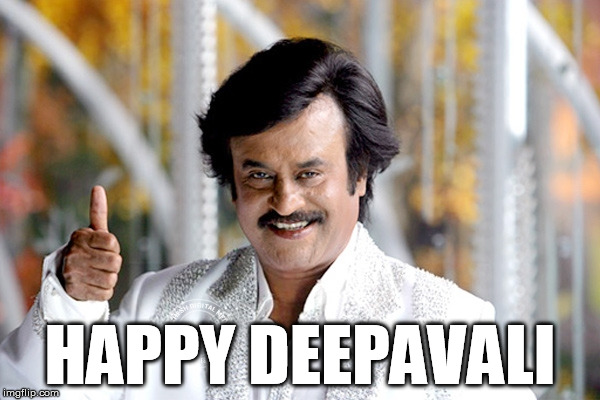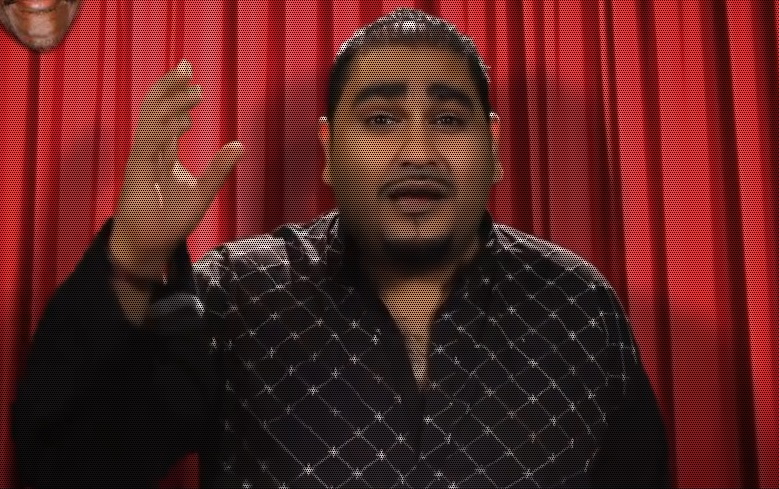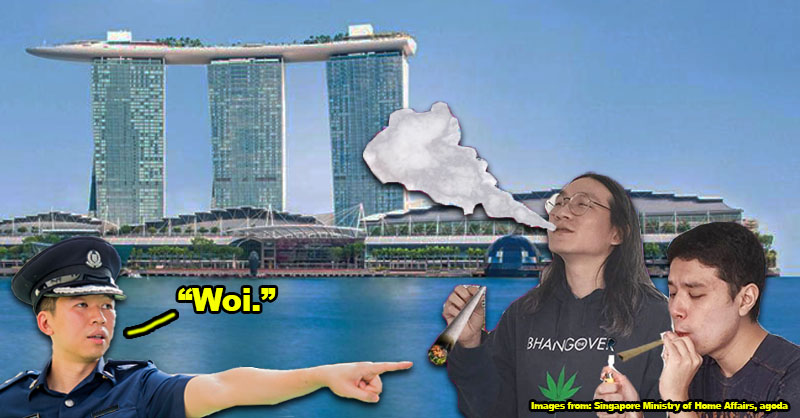Why Hindu wives’ first Deepavali balik kampung is also their LAST
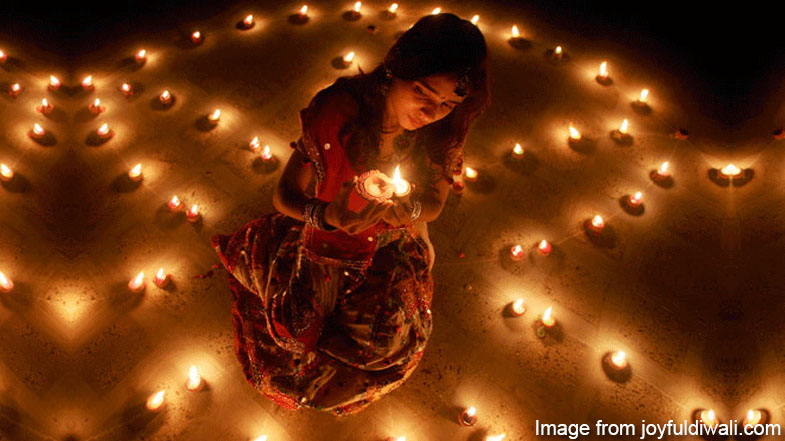
- 1.7KShares
- Facebook1.7K
- Twitter4
- LinkedIn4
- Email10
- WhatsApp27
When it comes to festivals and traditional holidays, celebrating it as a newlywed couple is a big deal because you are celebrating it as part of a new family. While most cultures we know return to the man’s side of the family during these festivals, the Tamil-Hindus here celebrate Deepavali, with the BRIDE’s family.
But this could potentially be the last Deepavali a Hindu wife will get to spend with her family. From the second Deepavali onwards, she has to celebrate it with her husband’s family, as she is considered to be part of their family now.

Why do Hindu couples go to the bride’s family instead?
There’s a term called Thalai Deepavali, which is the first Deepavali celebrated by a Hindu couple after their marriage. From what we can tell, this isn’t religious, but more of a cultural habit (anyone know differently do let us know in the comments!).
“In Tamil, ‘Thalai’ means ‘first’ or ‘head’. Generally it means first Deepavali after marriage. In Malaysia, the newlywed couple will visit the bride’s home for celebration. The celebrations include a visit to the temple and get blessings from elders.” – Ganesan Nallan, 28, Sabah.
The focus on the bride’s family for the first Deepavali as a new couple is an exclusive custom to the Tamil community as it originated from Tamil Nadu, in South India, and is followed for generations. And yes.. it’s followed here to some extent in Malaysia too…
“Thalai Deepavali is compulsory and we went for the sake of respect; of being invited.” – Maniam Subramaniam, sundry shop owner and supplier of Alicafe to CILISOS office (his was 26 years ago!)
OMG. Hindu grooms only get ONE CHANCE to make an impression on the in-laws?! Why does that sound so familiar?
BUT No pressure. Cos it’s kinda like the opposite of Meet the Parents!
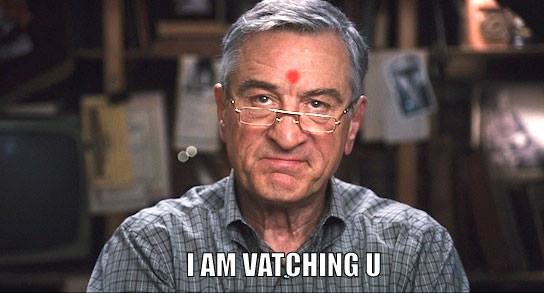
You know how in the movie Meet the Parents, Ben Stiller’s character meet his future in-laws and everything went down south cray cray? So picture Thalai Deepavali that way but instead of being tormented, the guy (groom, in this context) is pampered with lavish gifts and the best food the bride’s family can cook!
So on the eve of Deepavali, the couple will head over to the bride’s parental home and stay for the night. The next day, which is Deepavali, the ritual begins with an early morning oil bath, taken before sunrise!
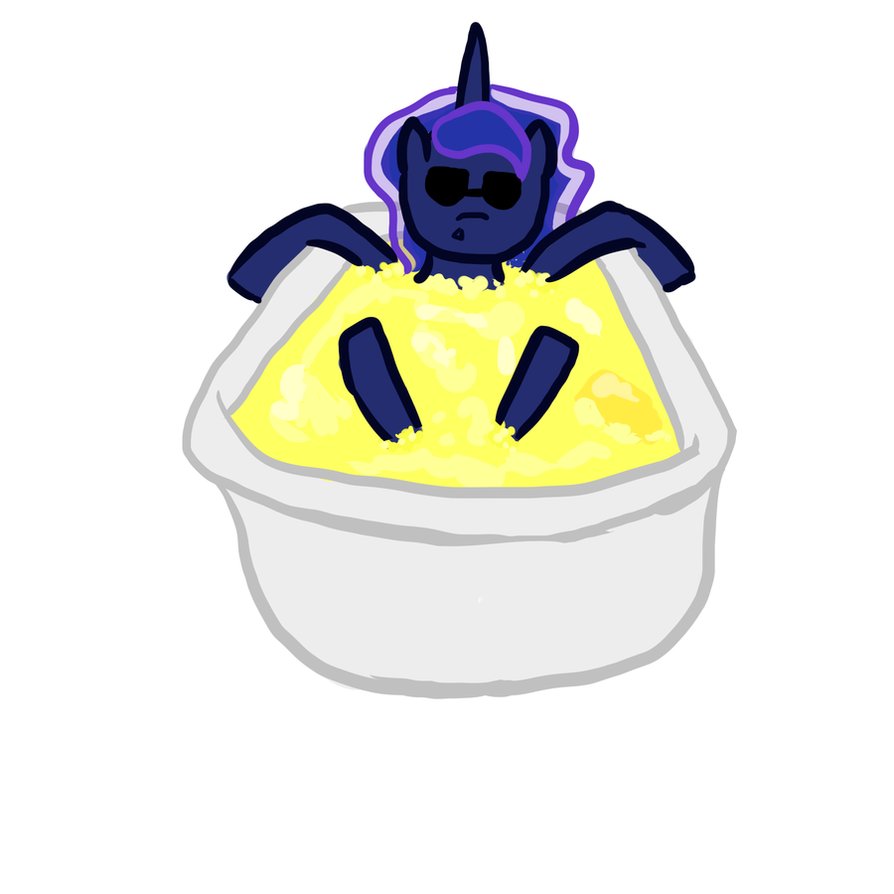
Celebrations also include the couple seeking for blessings from the bride’s parents by dropping their palms and touching their feet (whoah). The parents will then present the couple with new clothes – usually a saree for the bride and a traditional dress shirt for the groom. Other gifts such as gold jewelry and money packets are also given.
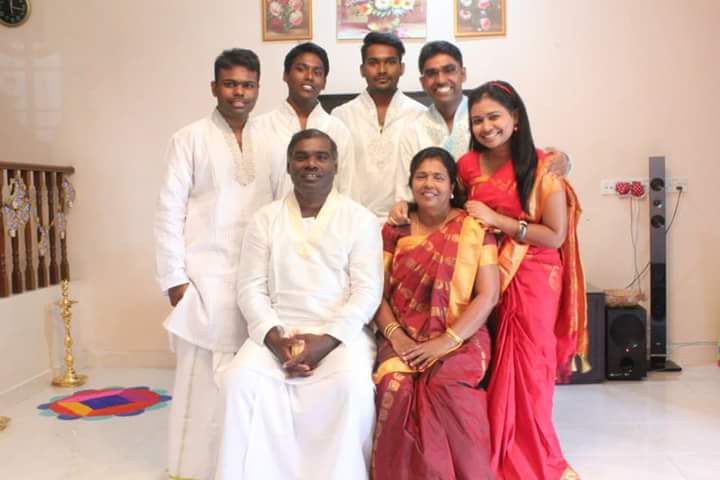
“My parents bought a beautiful saree and an elegant jippa for my husband.” – Shobasheni Thangavelu, 27, got married last February and celebrated her Thalai Deepavali where she spent her time shopping and having meals together with her family.
In India, they do practise giving a dowry of sorts, but the Tamil-Hindus here don’t do it as much. Our Malaysian Hindu brothers and sisters are pretty chill about it here – as most of them don’t even call it a dowry but “gifts” as a symbol of showing respect to the new member in the family.
“It is a tradition where on the day, the bride’s parents will gift the groom new clothes. In Malaysia, we do not believe in how costly that should be, and practice moderation.” – Ganesan, on dowries given during Thalai Deepavali.
To ensure that their new son-in-law is well taken care of, and how else does one do that other than with food! The family will prepare traditional sweets and snacks for the couple like murukku and ladoo (ball-shaped sweet made from ground coconut and sweetened with sugar). The mother-in-law will get a feast ready for traditional Indian meals throughout the day – such as thosai and putumayam for breakfast, and main dishes like chicken varuval and mutton curry, because…
“You’re not Indian unless your mom cooks brilliant mutton curry.” – Dashran Yohan as quoted in Gen Yes.
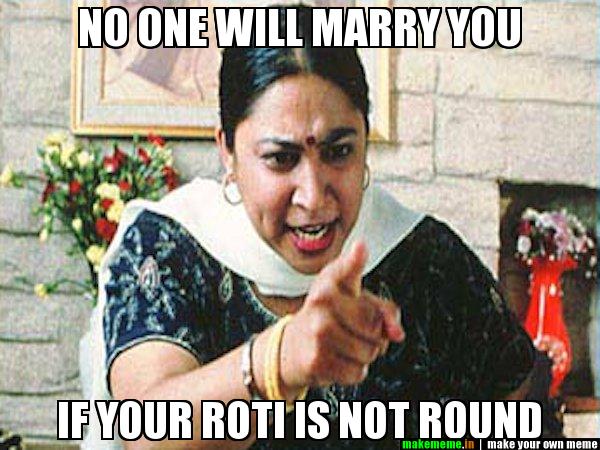
So how much do modern Malaysian Hindus still practice this?
If we follow tradition and culture sebulat-bulatnya, they say that the wife must live with her husband’s family after getting married, so Thalai Deepavali is a chance for the wife to return to her parent’s house and celebrate with her family. Sarmeela Iyadurai, 27, is both excited and blessed since it’s her first time celebrating with her husband Ganesan, an Assistant Manager in the agronomy industry who works out-of-state and returns home only once a month.
“Since he’s working in Sabah, waiting for his arrival makes it more exciting, and happiness flows, cause it’s a celebration with someone new.” – Sarmeela said in an interview with CILISOS.
This tradition is important to the couple as they agree that it’s good time for the couple to spend quality time at the bride’s house. And as the son-in-law, Ganesan gets to know his wife’s family better. So it’s win-win for both parties!
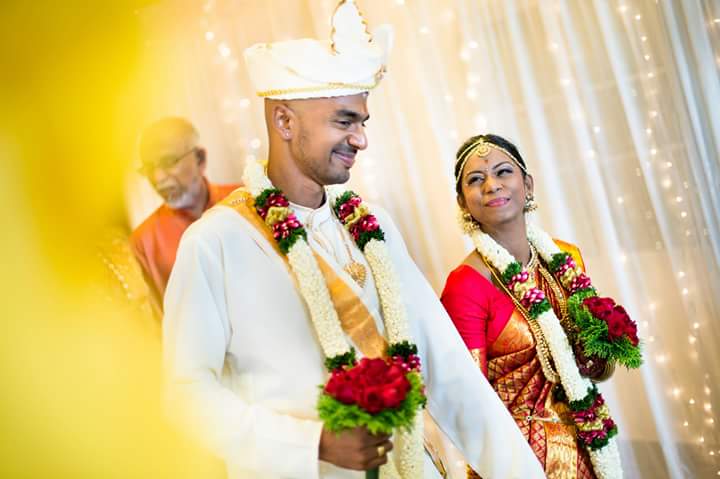
Given the rise of modern Hindu couples in Malaysia, this is all under the traditional assumption that newlyweds follow these traditions of the wife strictly living with her husband and his family the rest of the year.
There are couples, according to Roshinee Mookaiah, 21, that live together independently of both their parental families, just like her older brother did, “but lived nearby to both houses so we all saw each other all the time anyways”.
Deepavali has always been a time for family and close friends, especially when we are so caught up with work demands and other commitment. Newlywed Laveenia Theertha Pathy, 27, looks forward to her low-key Thalai Deepavali which will start off with prayers at home, oil bath, a visit to the temple and breakfast with family and friends.
“To be honest, we are not that big on traditions and customs. I like the simplicity and the intimacy that the festivities bring and I’m sure wouldn’t have it any other way.” – Laveenia said. She and her half Tamil-half Ceylonese husband Nigesh Armon, 31, will celebrate by heading back to her parent’s house in Klang for their first Deepavali together.
So here’s wishing our Hindu readers a Happy Deepavali, and an especially Happy Thalai Deepavali to those lucky newlyweds who are about to be pampered by the bride’s family for the first (and possibly the last) time.
- 1.7KShares
- Facebook1.7K
- Twitter4
- LinkedIn4
- Email10
- WhatsApp27

